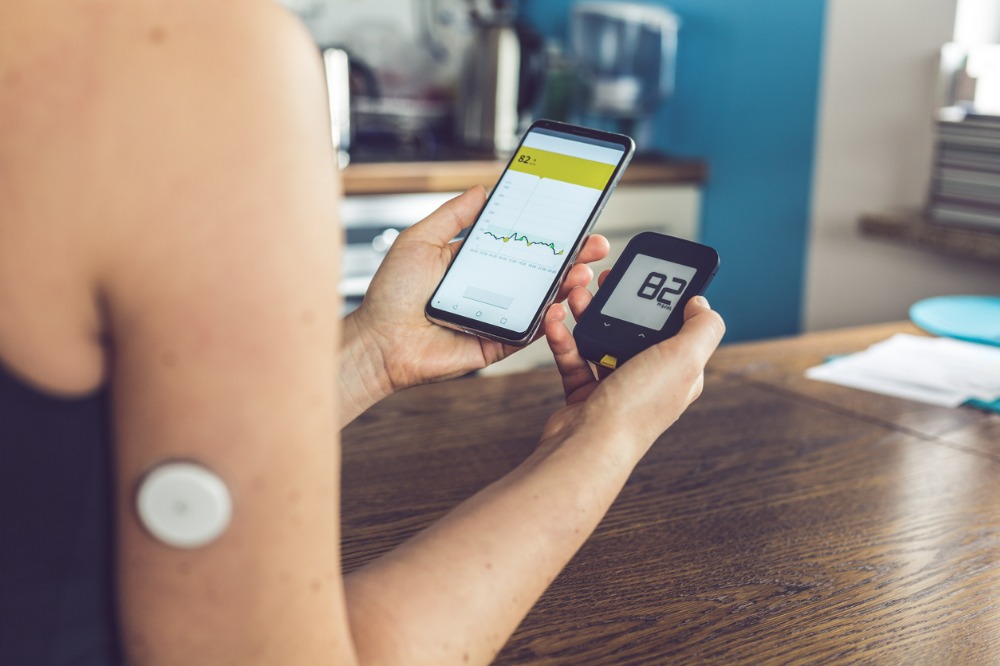SVP at Equitable Life explains how first-in-Canada digital partnership offers added benefits amid pressures to healthcare system

During the depths of the COVID-19 pandemic, the demand for many life and health insurance products shot up as Canadians realized the importance of getting coverage for the unthinkable and caring for their mental health. But even as people think more about their health and mortality, one corner of the industry is still relatively overlooked.
“I continue to be surprised at how small the critical illness market in Canada is relative to the group health or the life insurance market,” Donna Carbell, Senior Vice President, Individual at Equitable Life, told Life and Health Professional.
Recognizing the value of critical illness insurance to everyday Canadians, Equitable Life recently announced a first-in-Canada partnership with Cloud DX, a provider of virtual and remote care monitoring services. Under the agreement, critical illness policyholders can avail of a Cloud DX Connected Health kit and monitoring services, free of charge for up to six months once a full critical illness claim is approved.
“Our partnership can really support a variety of people through that virtual remote patient monitoring,” Carbell says. “It will be offered on all our critical illness coverages for anyone 12 and over, with coverage amounts ranging from $10,000 up to $2 million.”
The CI offering speaks volumes about Equitable Life’s commitment as a mutual insurer to provide a broad range of coverage to all Canadians. While critical illness products previously came with an ancillary second-opinion service 10 to 15 years ago, Carbell says results from diagnostic technology at the time could be unpredictable to an extent. With the technological advances since then, reliable results are more available and getting a second opinion – a practice encouraged by the Canadian healthcare system – is more convenient than ever.
And while CI insurance has traditionally offered benefits in terms of financial and physical support, the remote monitoring service can provide an additional psychological benefit.
“If you as a CI policyholder make a claim and get this, there’s no more engagement with Equitable Life. We’ll connect you to Cloud DX, and their product can support you in your recovery,” Carbell says. “When you talk to them, you’ll realize there’s a lot of value in terms of reducing hospital readmissions and post-op recovery, as well as peace of mind from people monitoring your vitals and making sure you’re ok.”
The need for real-time diagnostics and improved recovery outcomes may be more important than ever. Even before the pandemic hit, there’s been a sharpening focus in the industry on critical illnesses. With Canada’s aging population, Carbell says chronic illnesses have been a growing concern for some time. That’s been particularly true of cardiac conditions and cancer, the latter of which is likely to become a reality for one in two Canadians sometime in their lives.
“With the systemic challenges posed by a communicable disease like COVID to our healthcare system, chronic conditions have taken a backseat,” she says. “Hospitals or family care physicians might not be able to provide the same level of support they did before, or at least not in the same way.”
Because funds paid out to claimants can be used for a broad range of purposes – paying for a mortgage, renovations, or recovery-related expenses, to name some – critical illness coverage can benefit Canadians across a wide range of age groups and life stages. Carbell also foresees a potential shift in the medical landscape towards shorter hospital stays and longer recovery times at home, which elevates the need for a financial safety net in case a serious medical issue arises.
“That recovery period is going to be extremely important for the patient, so we want to make sure the policyholder is really set up to get support with that,” she says. “I think that's a big piece we couldn't possibly ignore.”



